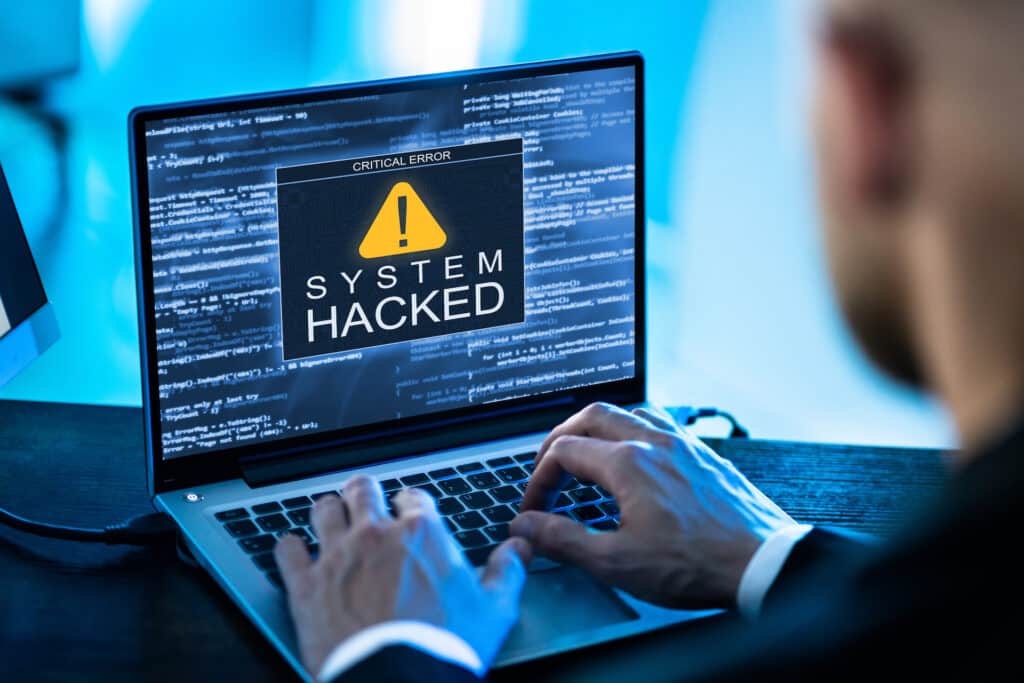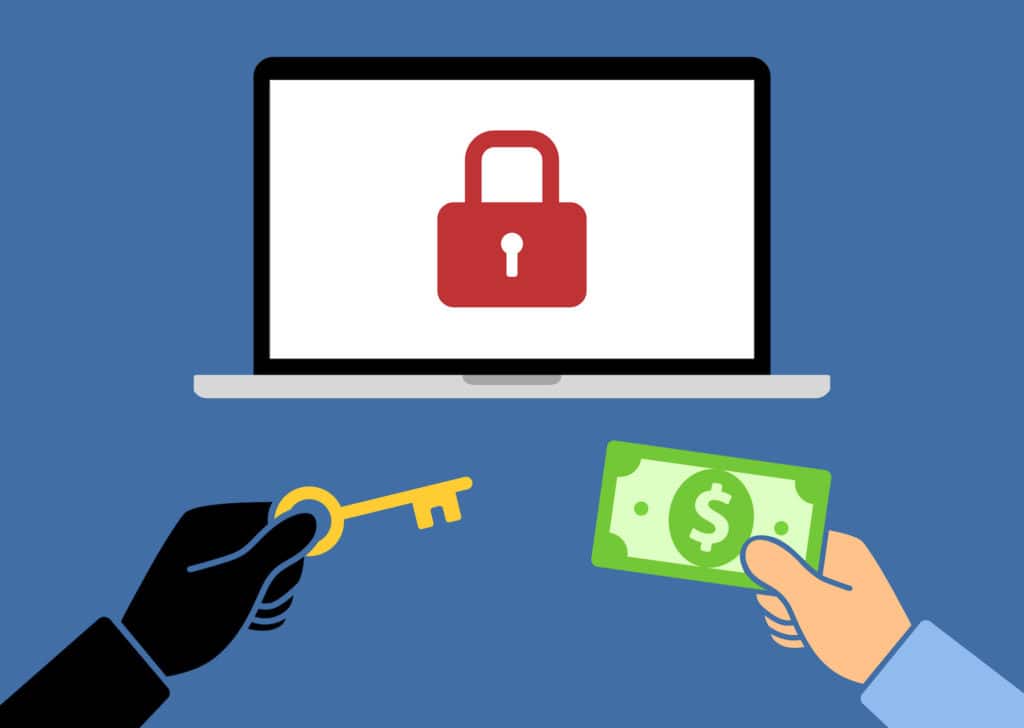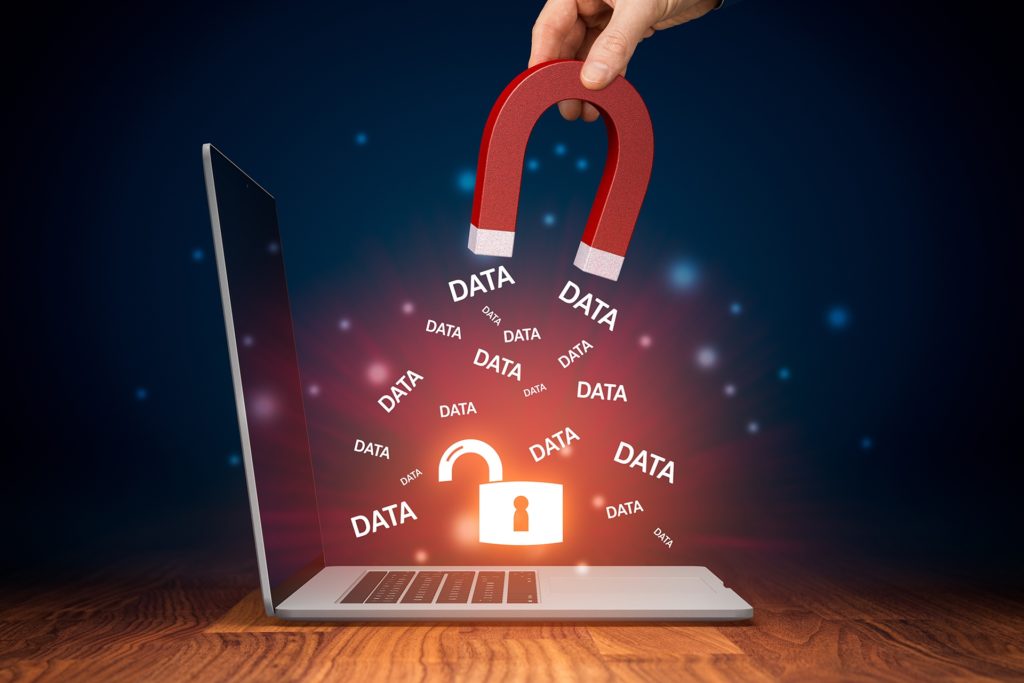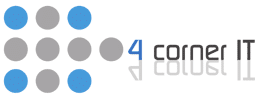Have You Been Breached?

Most people are aware that anyone could become a victim of data breaches. Unfortunately, many people did not know that information can be stolen without the victim even knowing. A hacker can penetrate into one’s network and retrieve personal information all while the affected person has no idea. There are various ways to protect yourself […]
Differences Between Hollywood Hackers and the Real Deal

In many television shows and movies today, hackers and cybercriminals take the form of evil villains or mischievous antiheroes. While this characterization is undoubtedly fun to watch, they don’t quite get the facts right. Most of the computing constructs demonstrated in entertainment don’t actually exist in real life. This week, let’s discuss what real-life hackers […]
Ads Can Carry Malicious Code

Sometimes you might be browsing the Internet and come across an advertisement for free downloads of Windows applications. Obviously, this is too good to be true, and hackers tend to exploit advertisements to spread their malicious code across devices. Malvertising is used to deliver various types of threats, all of which can cause considerable harm […]
How Prevent Your Network from Being Sold By Hackers

Believe it or not, your organization’s network can be sold by hackers under the right circumstances. This is the unfortunate reality that we live in. Thus, the commoditization of data and network access has become a real problem. According to a study from KELA, hackers can sell access to compromised networks for a pittance compared […]
350,000+ Personal Data Exposed After Preen.Me Attack

It’s the rare business that can survive without marketing and social media efforts, so when a social media marketing company like Preen.Me comes under a cyber attack, it invariably adversely affects many, many interested parties. And with Preen.Me’s recent hack, that’s exactly what happened. Over 100,000 social media influencers have had their personal data stolen […]

